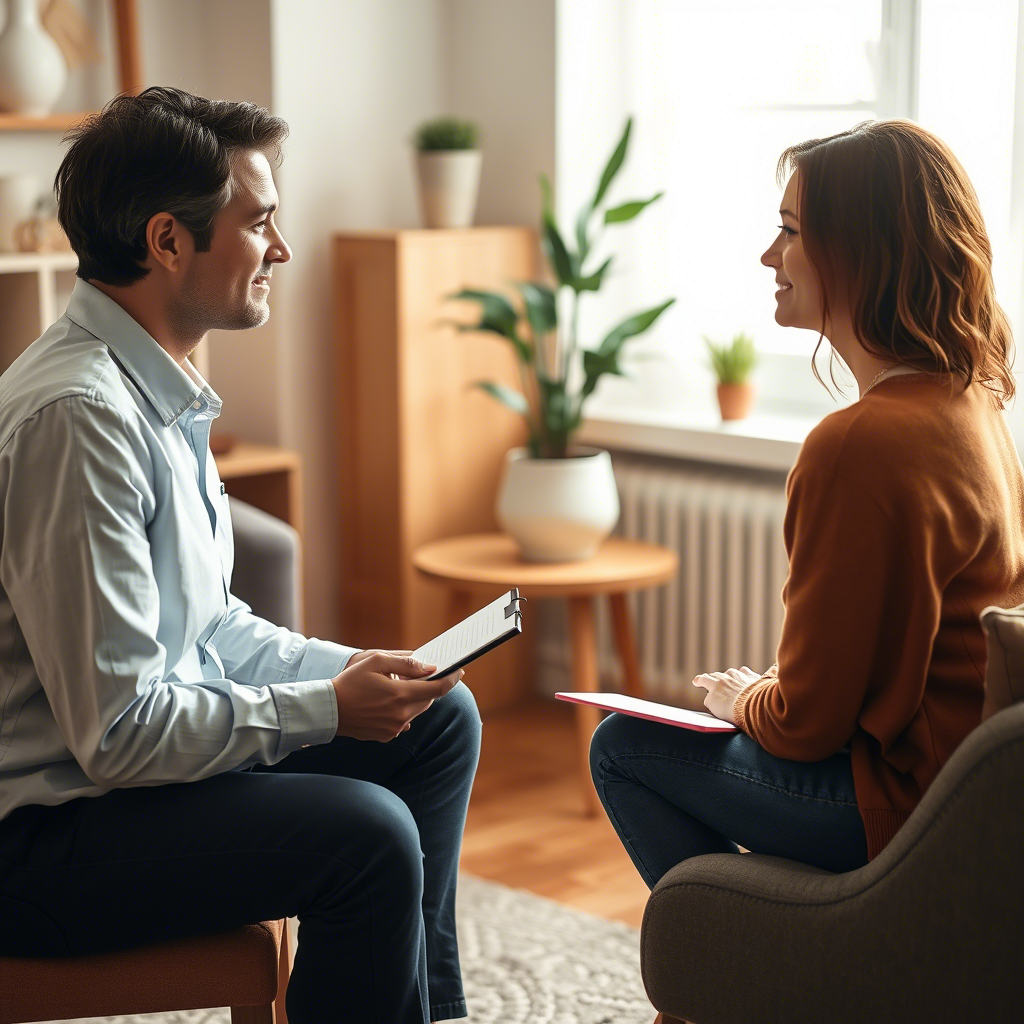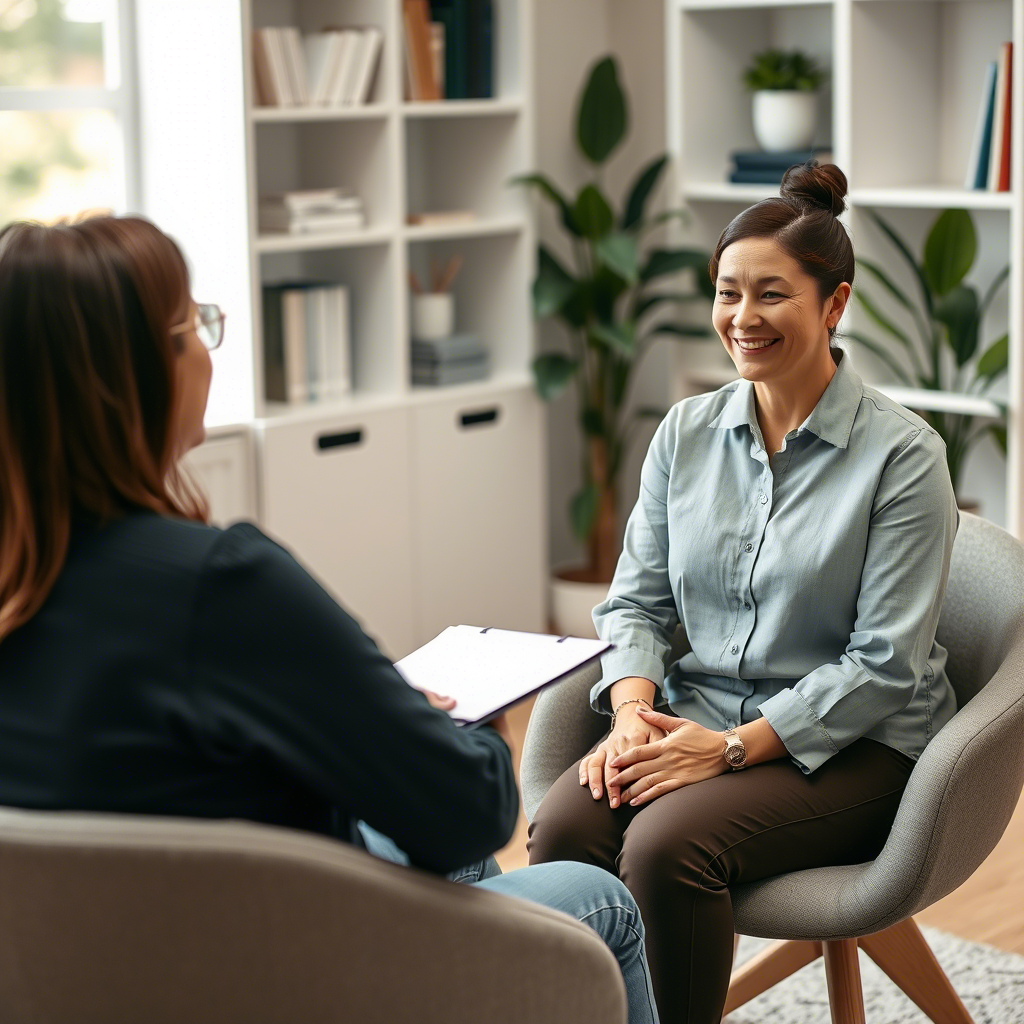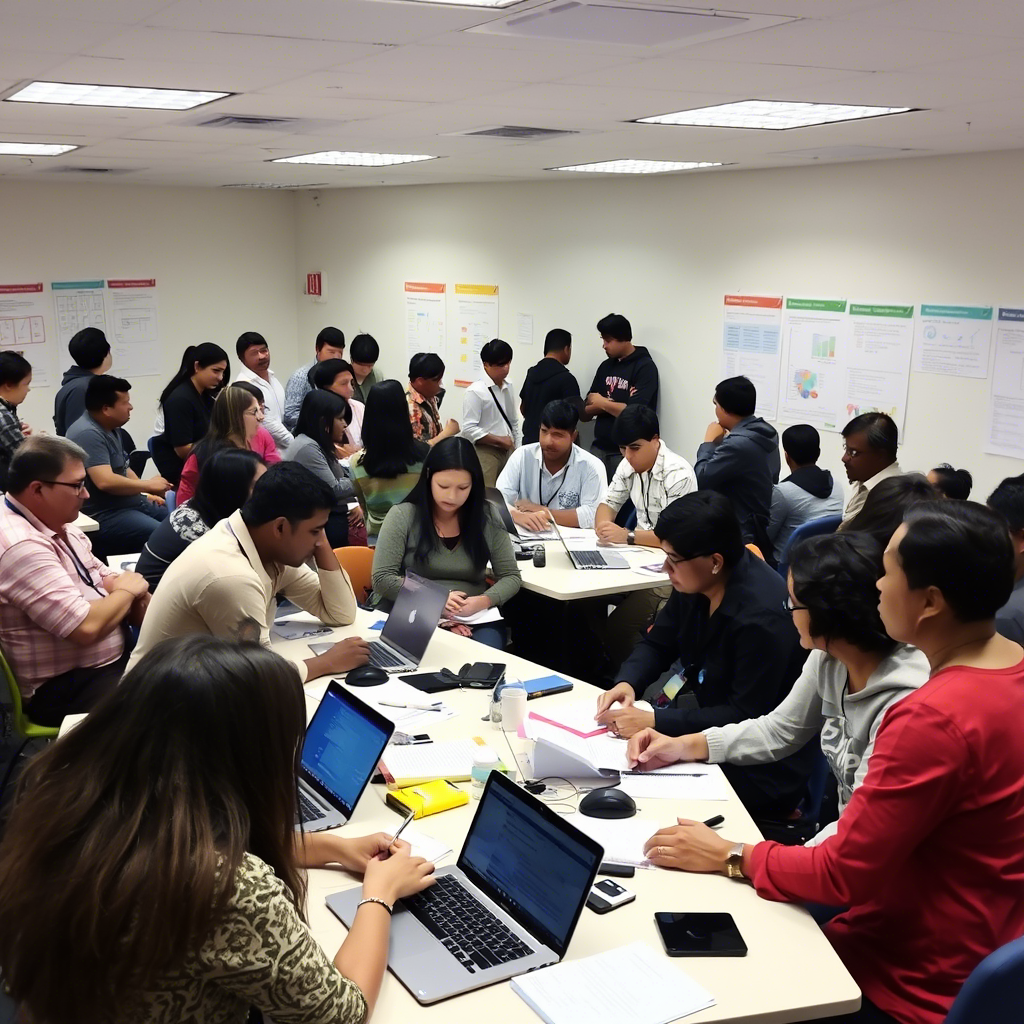Marriage Counsellor: Who They Are, What They Do, and How They Can Help Your Relationship Thrive
Marriage is often described as a beautiful journey, but like any journey, it comes with its share of bumps, detours, and challenges. While some couples navigate these challenges on their own, others find that seeking professional help makes all the difference. This is where a marriage counsellor steps in.
In this article, we’ll break down who marriage counsellors are, what they do, the benefits they offer, the issues they help with, and when you should consider seeing one, all with relatable, real-life examples.
Who is a Marriage Counsellor?
A marriage counsellor is a trained mental health professional who specializes in helping couples improve communication, resolve conflicts, and strengthen their relationship. They are often psychologists, therapists, or certified counsellors with expertise in relationship dynamics.
Think of them as a relationship coach and not someone who takes sides, but someone who guides you both toward understanding, trust, and solutions.
What Does a Marriage Counsellor Do?
Marriage counsellors act as neutral mediators and skilled listeners. Their role includes:
-
Facilitating honest communication – Helping partners express feelings without fear of judgment.
-
Identifying underlying issues – Often, fights about “small” things hide deeper problems.
-
Providing practical tools – Techniques for conflict resolution, emotional regulation, and building trust.
💡 Real-Life Example:
Raj and Priya, married for eight years, kept arguing about finances. Through counselling, they realized the arguments were less about money and more about feeling unheard. With guided sessions, they learned to talk without blaming each other, reducing arguments significantly.
Benefits of Seeing a Marriage Counsellor
-
Better Communication Skills
You’ll learn how to listen actively and express yourself without hurting the other person. -
Conflict Resolution
Counsellors teach healthy ways to disagree — because avoiding conflict isn’t the answer, but handling it well is. -
Rebuilding Trust
Whether due to infidelity, secrecy, or repeated disappointments, trust can be repaired with guided effort. -
Strengthening Emotional Connection
Sessions often include activities to revive the emotional intimacy that may have faded over time.
Common Issues Marriage Counsellors Help With
-
Frequent arguments or unresolved conflicts
-
Communication breakdowns
-
Trust issues or infidelity
-
Financial disagreements
-
Intimacy problems
-
Adjusting to life changes (parenthood, relocation, career shifts)
-
Cultural or family pressures
💡 Real-Life Example:
A couple from different cultural backgrounds struggled with family expectations. The counsellor helped them set boundaries respectfully, easing tension with both families.
Who Should Go to a Marriage Counsellor?
Many people believe counselling is “only for couples on the verge of divorce” but that’s a myth. Counselling is for:
-
Couples preparing for marriage (pre-marital counselling)
-
Partners wanting to improve an already healthy relationship
-
Couples facing recurring disagreements
-
Relationships affected by stress, life transitions, or external pressures
When is the Right Time to See a Marriage Counsellor?
It’s better to go early than to wait until resentment builds up.
If you notice more bad days than good, repeated arguments over the same issues, or feeling disconnected despite loving each other, it’s time to seek help.
💡 Tip: Early intervention often means quicker recovery and stronger outcomes.
Final Thoughts
A marriage counsellor is not a “last resort” but a valuable resource for keeping your relationship healthy and strong. Just like we visit doctors for physical health, seeking help for relationship health is equally important.
Investing time and effort in counselling can turn misunderstandings into deeper understanding, and struggles into stronger bonds.
Remember asking for help isn’t a sign of weakness, it’s a sign you care enough to make things work.



